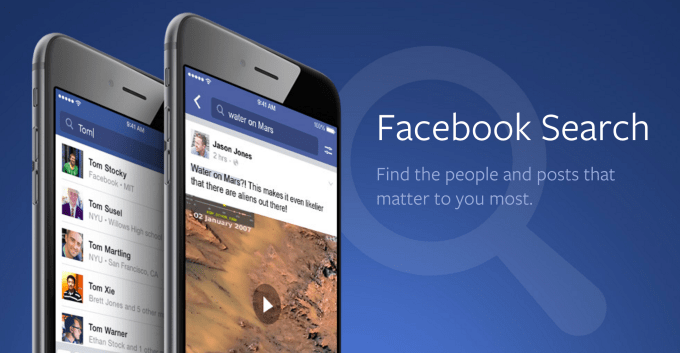Source: Techcrunch
What’s more interesting than any of these things (that Facebook currently does) is giving people power and tools to take any cut of the graph that they want.People were amazed (some also were concerned) about how personalized and specific the search tool worked: You could ask queries like "friends in New York who like Harry Potter and Game of Thrones.” Many were convinced that this could mark the beginning of a serious attack on Google, as you could use the service for recruiting, product recommendations, travel, images, or even dating. The quality of the answers was supposed to be better as they had a "filter", a form of social approval and confirmation. Some even thought it was a feature to make people not leaving the site anymore, as now even search could be done there, but for many things better. Maybe all of that was a bit rash.
Graph Search did not take away significant traffic from Google, or Foursquare or Yelp. In fact, Graph Search was never completely rolled out to all users and its various search features are hidden in different places and subpages. Searching with Facebook again is so bad that Michael Morgenstern, a film maker from San Francisco build his own interface for searching with Facebook, searchisback.com.
As Google failed with its own social network Goggle+, social search still is unconquered territory. Even though Google uses insights about social connections and behavior for its search, Facebook's vast amount of data and user insights are much deeper and richer then that. We are social beings and many of our search requests could be improved by adding a social layer that works approving or just inspiring. Especially in commerce, news and entertainment, the opinion and recommendations of social connections can help prioritizing and filtering web content.
Maybe unbundling search and launching a powerful search app (with personalization features like Google Now) could be a way for Facebook to re-enter the game. I think search still is one of the most exciting spaces in the internet business. Alone because sponsored search is closer to transactions and its success is easier to measure, I think Facebook should keep on considering it a tremendous business opportunity.

No comments:
Post a Comment